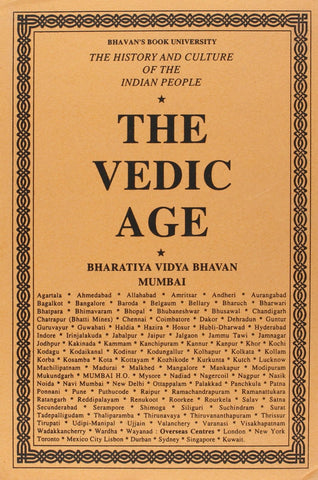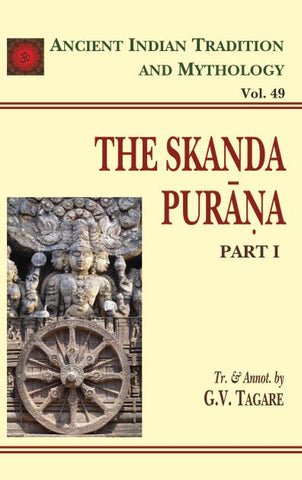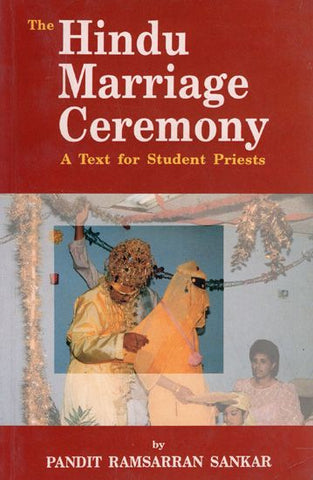Your cart is empty now.
In ancient India, the process of political integration and disintegration is seen simultaneously. The powerful states were subjugating weaker domains while others were trying to protect themselves by adopting various measures. They were implementing all means, fair and foul, at their disposal to enlarge their kingdoms and strengthen their states. Besides conquest and aggression, the rulers were also following the policy of marriage alliances to expand and defend their territories. Marriage relations, with different princely families, provided them enormous diplomatic power and paved the way for the stability and expansion of their empires. The main objective of the kings was to integrate the ruling groups within the imperial system, on the one hand, and by defeating independent kingdoms, on the other hand, by a policy of "give and take," link the interest of the chiefs with the central power and create a strong bond at a higher level by establishing matrimonial alliances with royal families which increased their power and prestige by turning them into a part of an imperial ruling class.
During the sixth century BC"E, there were a large number of states, both big and small kingdoms and republics in north India, which were struggling for supremacy and survival. Ultimately, the kingdom of Magadha emerged as the most powerful state and succeeded in founding an empire. Later on, the Mauryas, the Sungas, the Satavahanas, the Indo-Greeks, the Sakas, the Pahlavas, the Kusanas, the Guptas, the Vakatakas, the Maukharis and the Vardhanas ruled over the territories of India up to mid-seventh century CE by establishing their powerful empires and states. Besides various means and methods adopted by these rulers, the policy of matrimonial alliances also played an important role in achieving their political objectives.
I am happy that Dr. (Smt.) Preeti Prabhat has successfully presented this book on Matrimonial Alliances and Ancient Indian Polity (c. 600 BCE to c. CE 650). Though in the past many scholars have touched briefly on the subject while dealing with the chapters of political history of those times, no adequate attention has been paid specially to the historical and political aspects of matrimonial alliances. For the first time, she has made a comprehensive study of the matrimonial alliances and their by utilizing all the available sources. The book is mainly a research work which documents all important facts and throws fresh light on several points. The subject matter, however, the been presented in such a manner that it may also attract the general reader as well. I hope the book will be useful and appreciated by the scholars and the students alike I wish all success to the author and the book.
From the Jacket
Matrimonial alliances between royal families to further the power, prestige and influence were a prominent feature of politics in ancient India. This volume examines the matrimonial alliances among the ruling dynasties of ancient India from the sixth century BCE to the seventh century CE.
Beginning with matrimonial relations among the sodas-mahajanapadas that flourished before the time to the Buddha, the book traces alliances formed by the Nandas, Mauryas, Sungas, Satavahanas, Cedis, Indo-Greeks, Sakas, Pahlavas and Kusanas, the Imperial Guptas, Vakatakas, the Later Guptas, Maukharis and Varadhanas. Dr. Preeti Prabhat studies the important places accorded to such alliances by rulers in their foreign policies. She views their beneficial and adverse impact for royalty. They led to expansion as in the case of the Mauryan kingdom, opened new avenues for economic growth, and helped powers retain their independence as for the Satavahanas (from the Sakas). But they also created jealousies and rivalries between family members and neighbouring kingdoms. She relies on a host of historical accounts from Ceylonese Chronicles and Greek writings to Hindu religious literature and secular writings as well as archaeological evidence including epigraphic and numismatical sources to produce a comprehensive research.
The book will interest scholars of Indian history focused on ancient Indian polity as well as general readers interested in knowing about politics of mighty kings and kingdoms of ancient India.
Dr. Preeti Prabhat, with an exceptional academic background, is at present Lecture in Shashi Bhushan Girls Degree College, Lucknow. She has published numerous research articles and presented papers in national seminars.
| Foreword | v | |
| Abbreviations | ix | |
| Acknowledgement | xiii | |
| Key to Transliteration | xv | |
| Introduction | 1 | |
| 1 | Monarchical and Republican States 7 during 6th 5th century BCE | 7 |
| 2 | Nandas and Mauryas | 45 |
| (4th 2nd century BCE) | ||
| 3 | Sungas, Kanvas, Satavahanas, | 81 |
| Cedis and others | ||
| 4 | Indo-Greeks, Sakas, Pahlavas, | 117 |
| Kusanas and Others | ||
| 5 | Imperial Guptas and Vakatakas | 153 |
| 6 | Later Guptas and Maukharis | 209 |
| 7 | Vardhanas and their Contemporaries | 237 |
| Conclusion | 283 | |
| Bibliography | 293 | |
| Index | 303 |
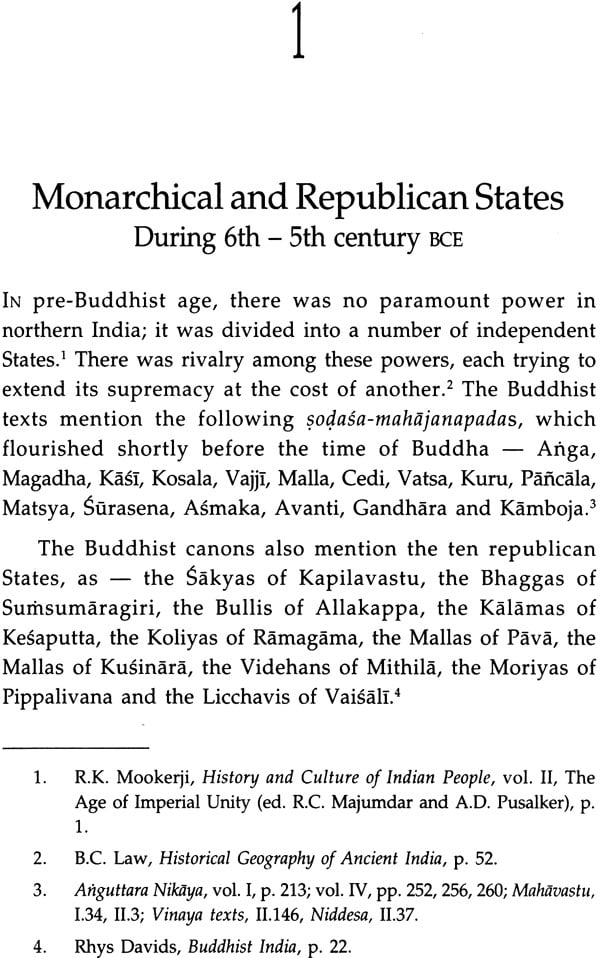
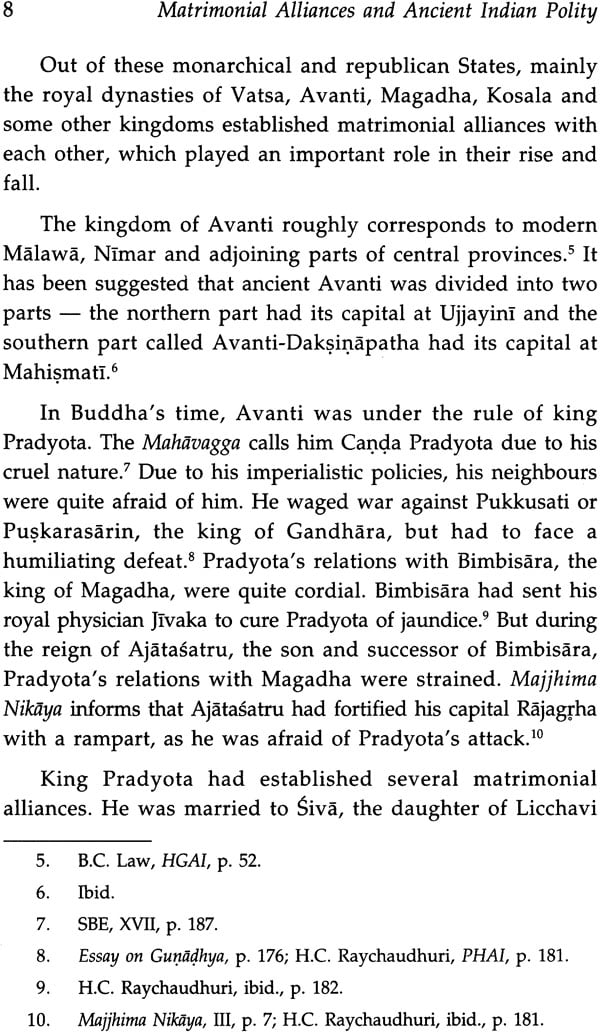
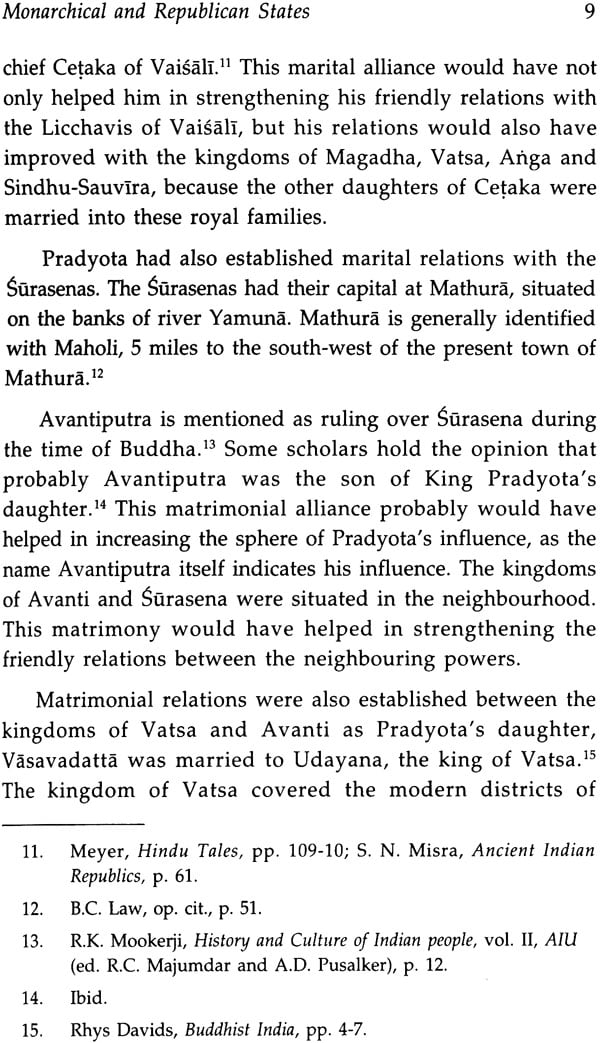
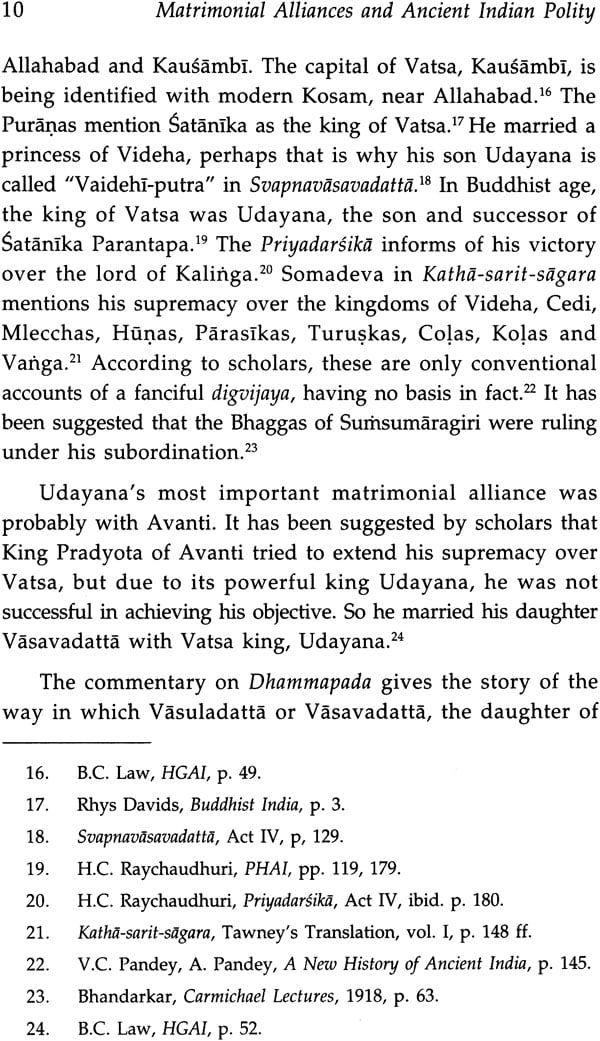
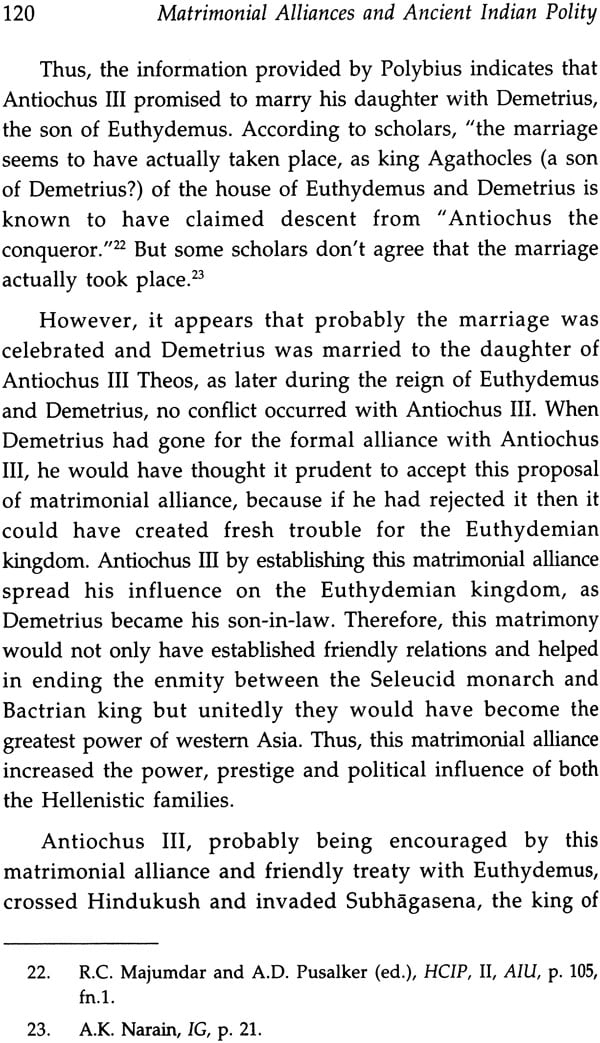
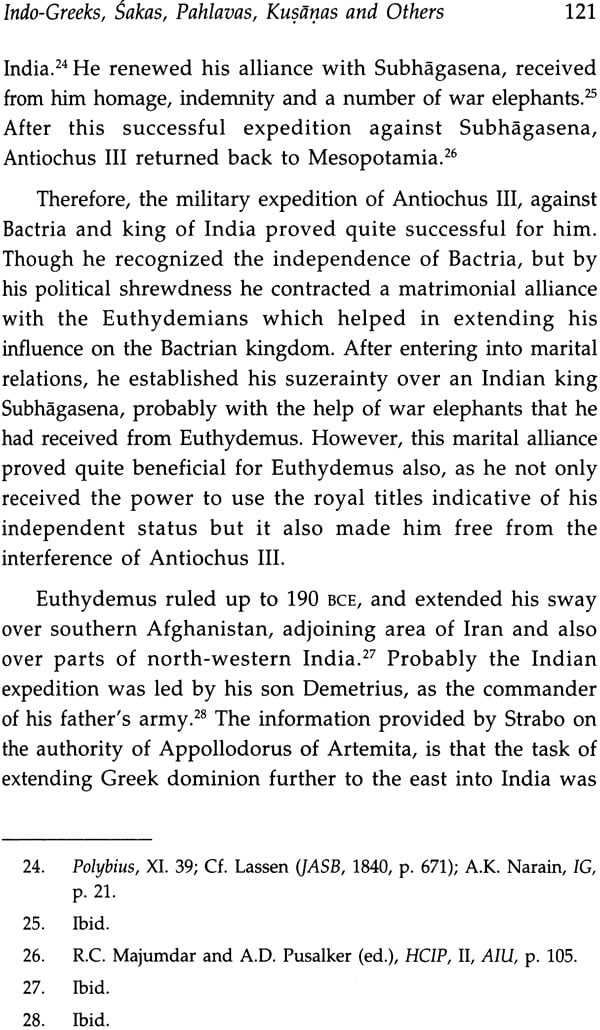
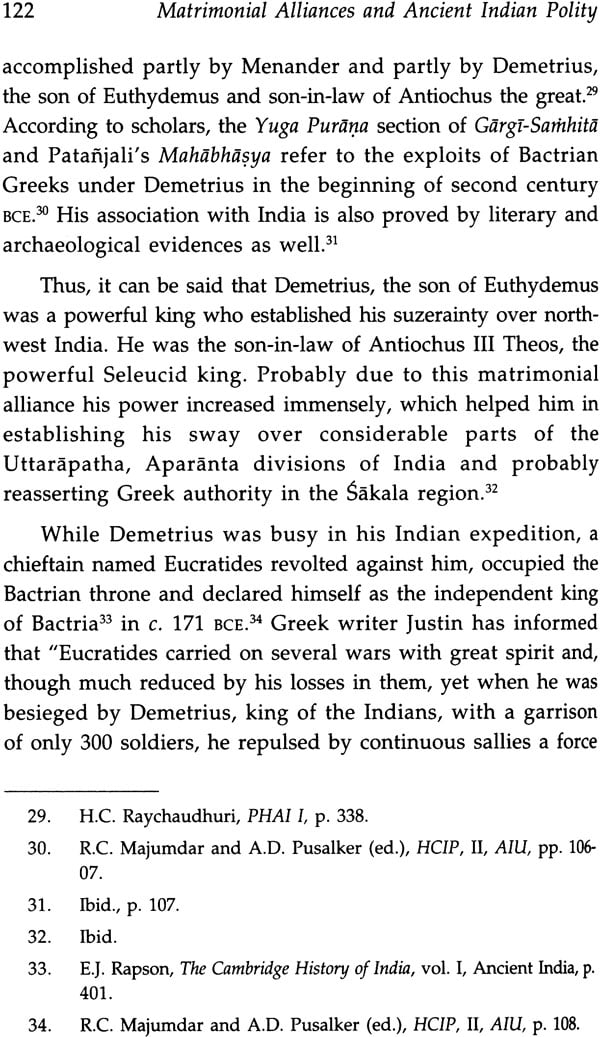
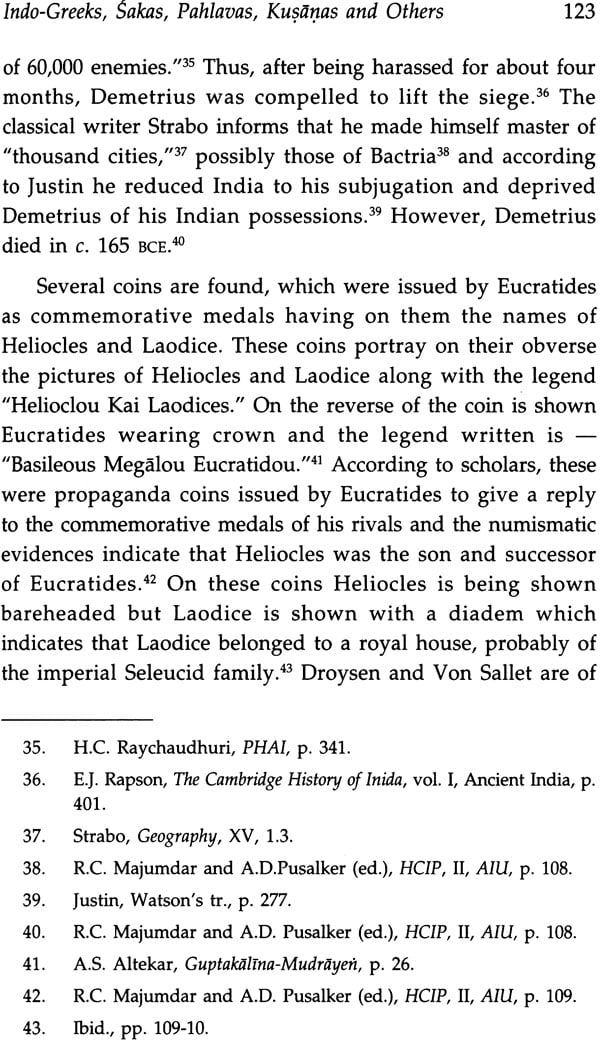
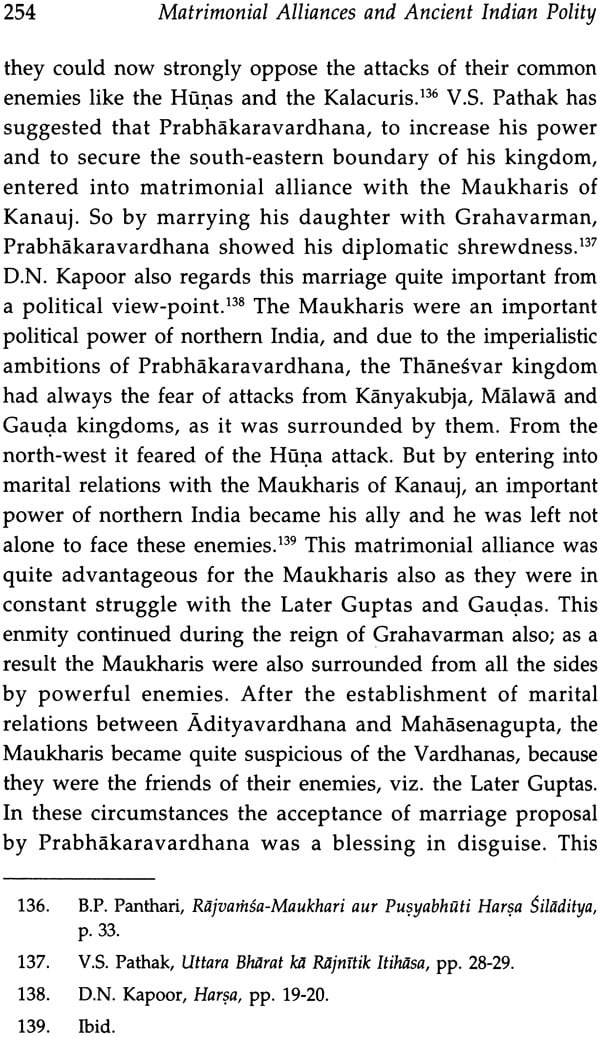
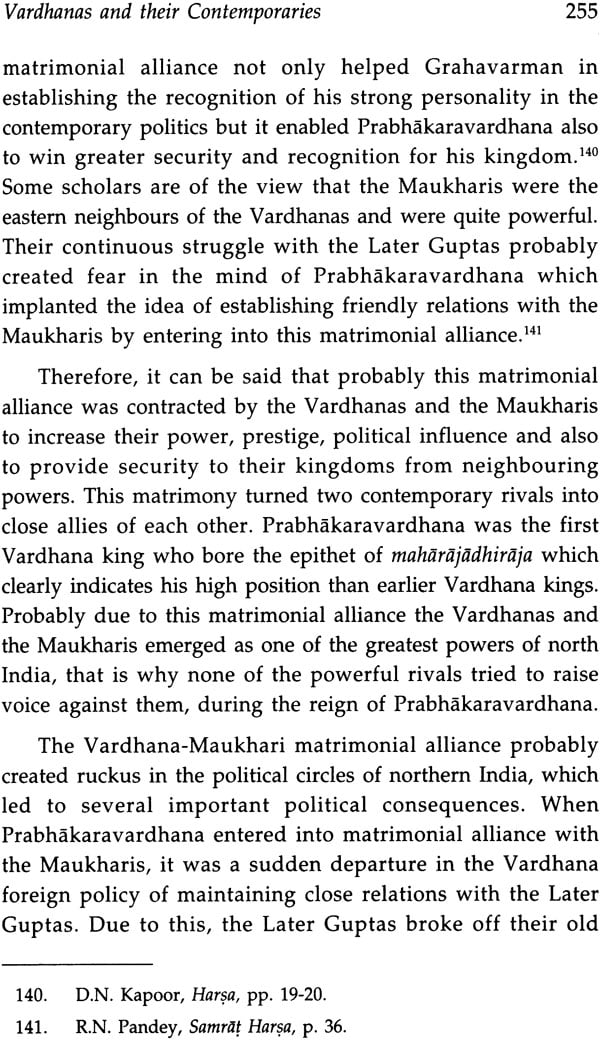
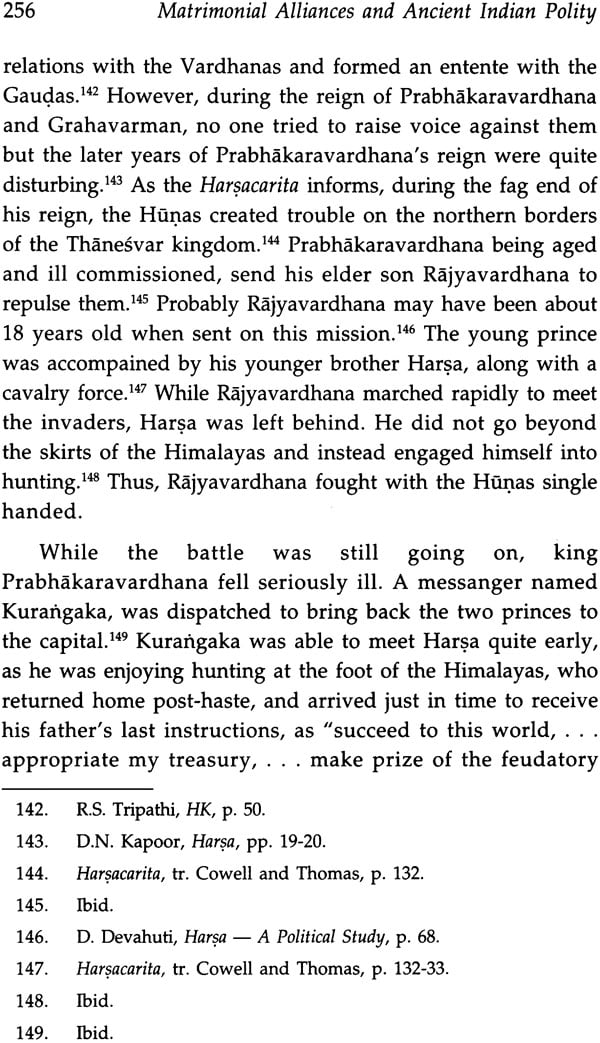
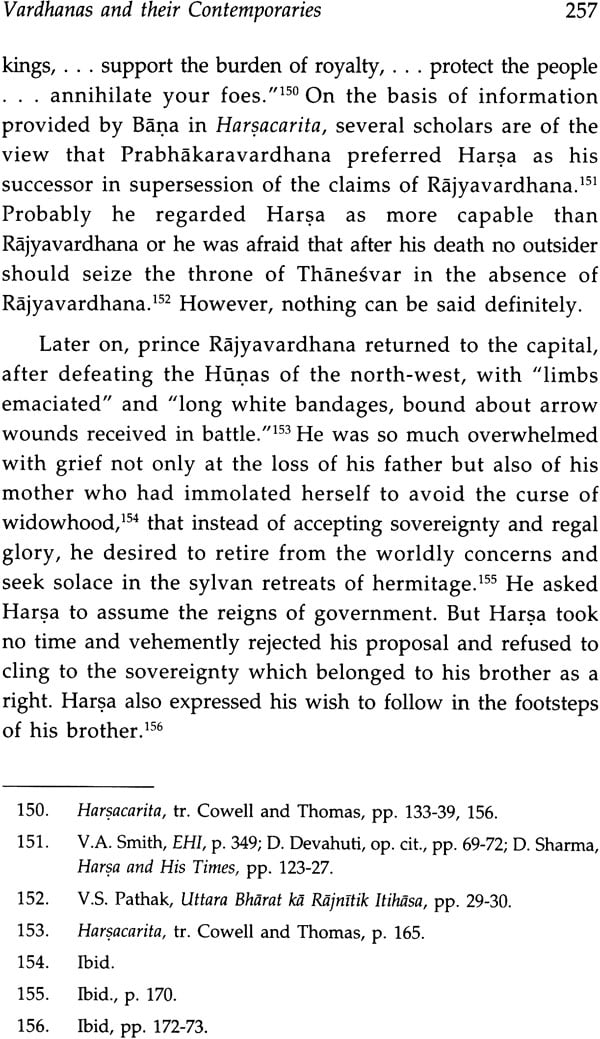
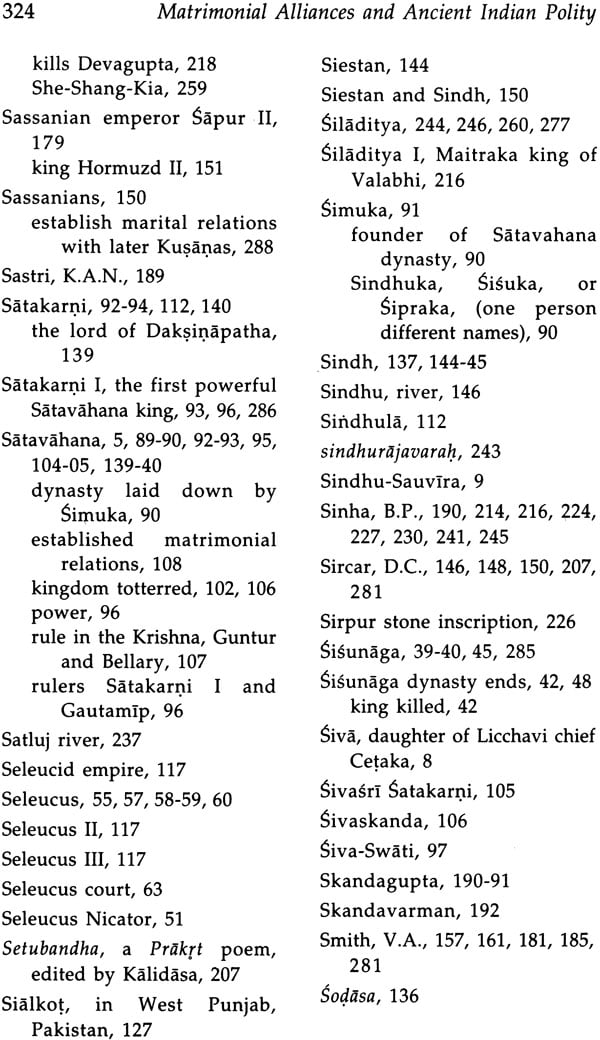
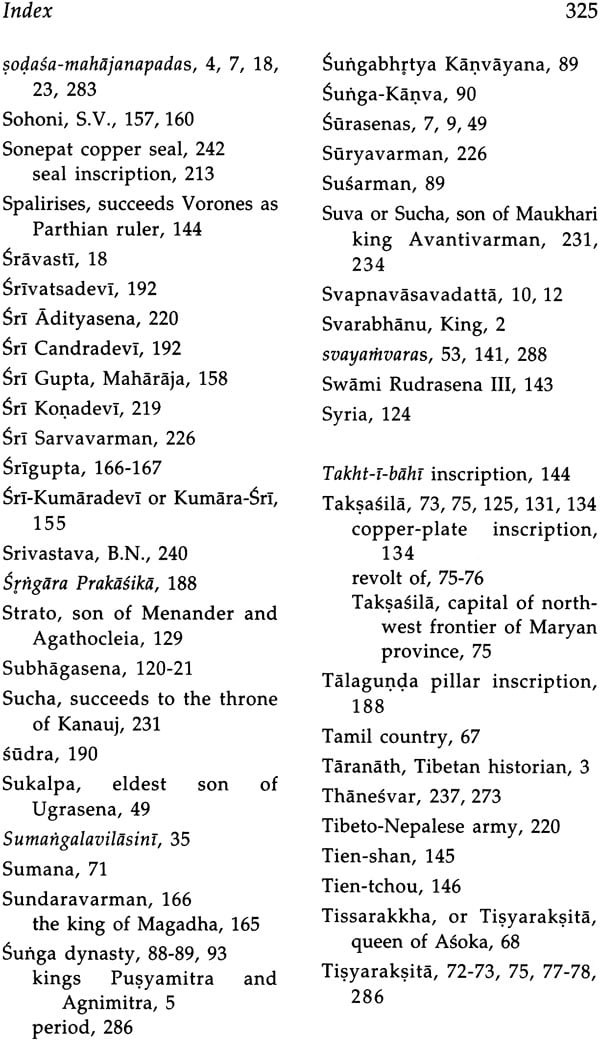
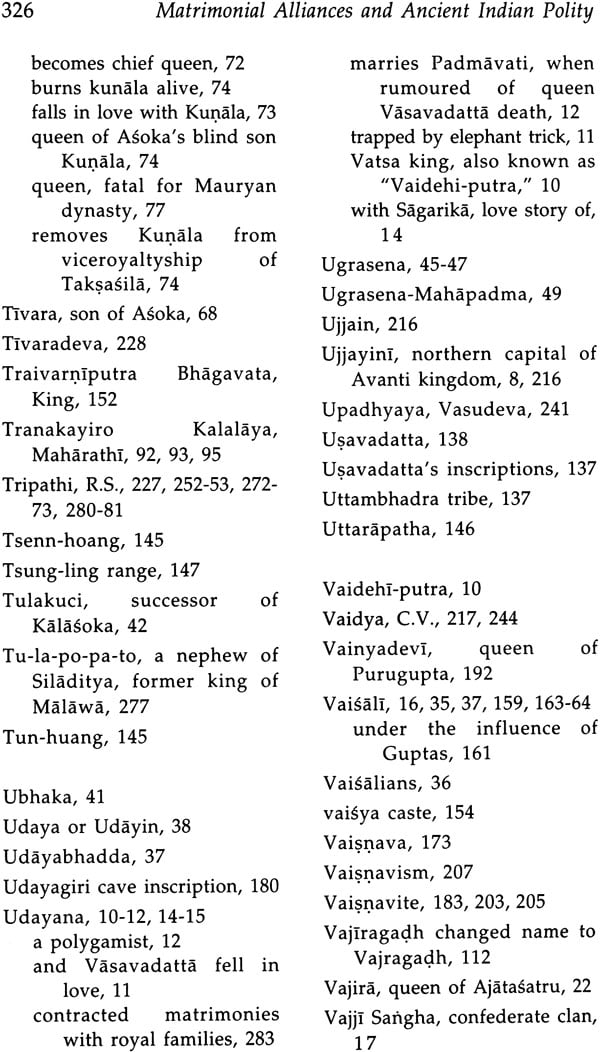
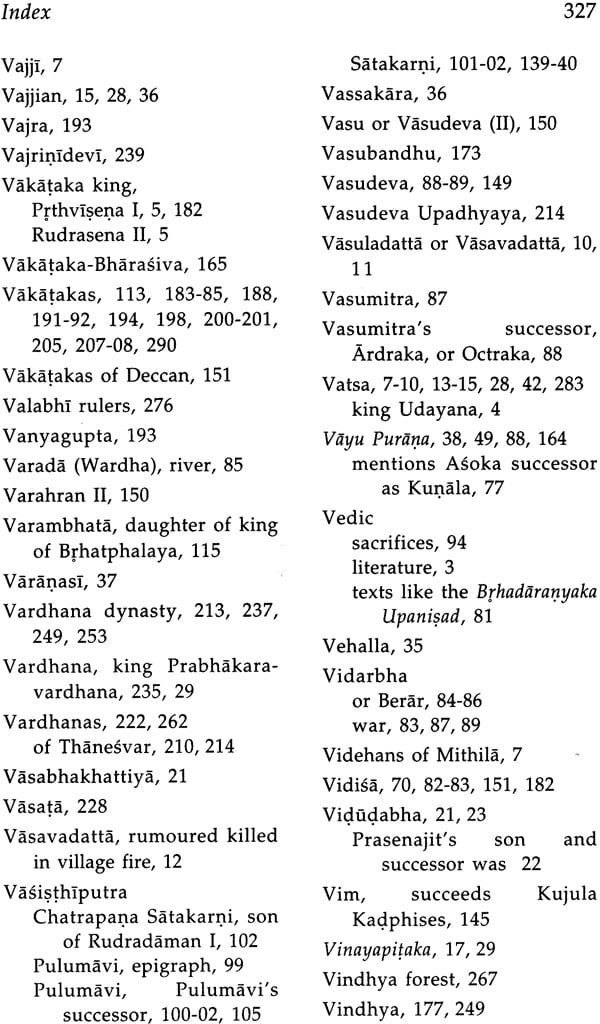
Delivery and Shipping Policy
- INTERNATIONAL SHIPPING
- Rs.1000-1100/kg
- ESTD. Delivery Time: 2-3 weeks (depending on location)
- Bubble Wrapped with Extra Padding
- NATIONAL SHIPPING
- NCR: Rs. 30/half kg
- Standard: Rs. 80/half kg
- Express shipments also available on Request
- ESTD. Delivery Time: Ranging from 1-4 days up to 7 business days (Depending on your choice of Delivery)
- TRACKING
- All orders; national or international, will be provided with a Tracking ID to check the status of their respective orders
- Depending on the Shipping Service, Tracking ID may be used on their respective tracking portals
Frequently Asked Questions (FAQs)
Domestic Shipping: 3-4 Days (after shipping)
International Shipping: 1-2 weeks (based on your location)
You will receive an email once your order has been shipped or you can email us if you didn't receive tracking details (info@mlbd.co.in)
Every book that we sell is the latest edition except all the rare books
Yes, we do provide free shipping, only on domestic orders (within India) above Rs.1500


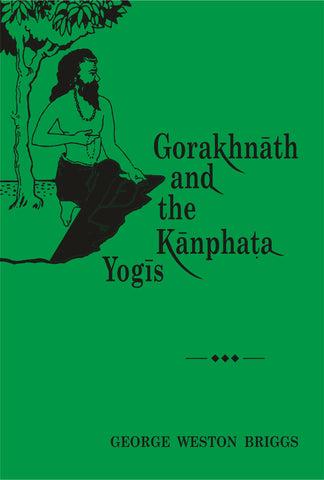
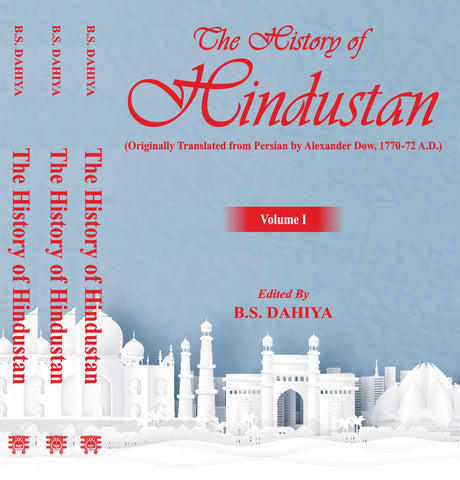
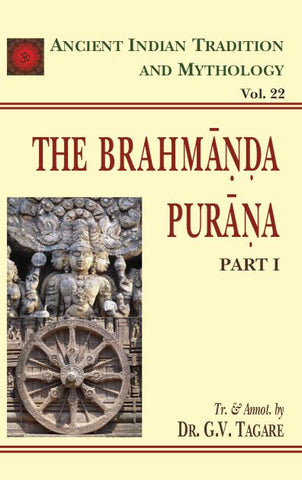
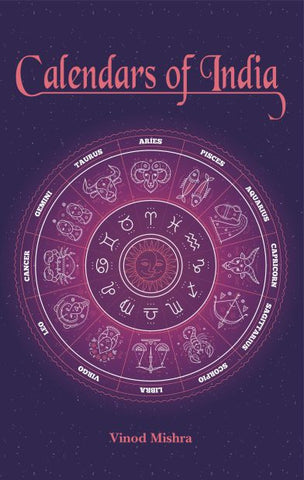
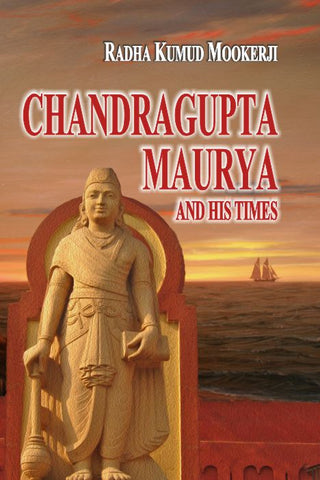
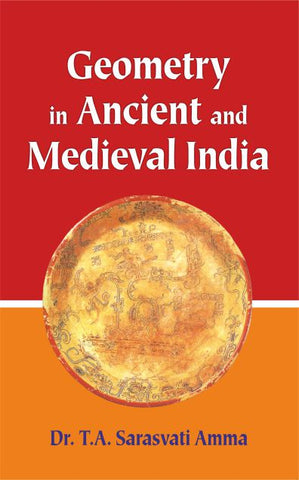
![A HISTORY OF INDIAN PHILOSOPHY [5 VOLUMES] by Surendranath Dasgupta](http://www.motilalbanarsidass.com/cdn/shop/products/HISTORYOFINDIANPHILOSOPHY_large.jpg?v=1675238163)
